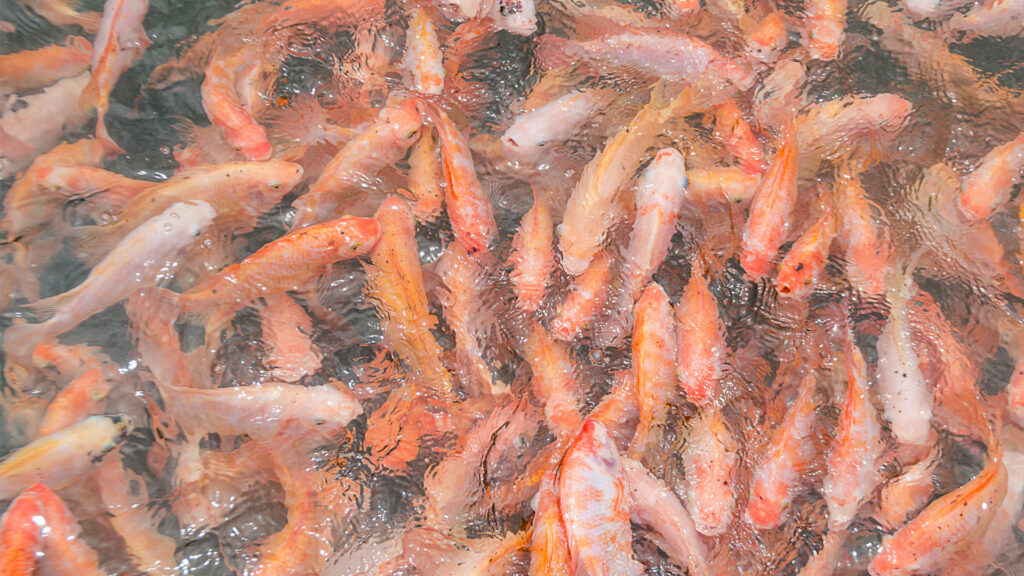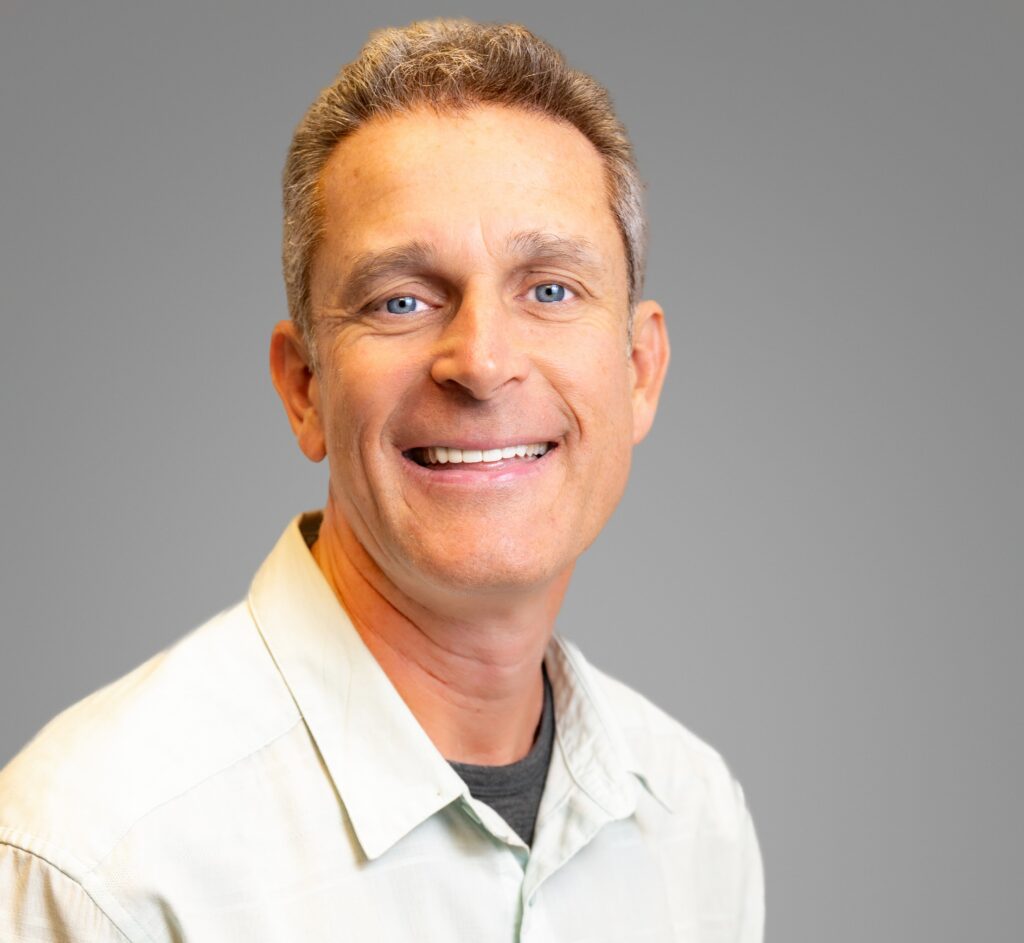By Christian Wagley, Healthy Gulf
It’s easy for me, and so many of us who live in and love the Sunshine State, to picture the iconic Florida day. It’s a trip to the beach, getting sand between our toes as we swim, walk, play, lounge, and soak up the sun and salt air.
But that perfect day at the beach could be gone forever if we continue to pump nitrogen pollution into our coastal waters and fuel the growth of harmful algal blooms, such as the red tide that has ravaged large areas of the Florida coast. Despite this, the federal government is looking to add even more nitrogen pollution to our coast by pushing for industrial fish farms off Florida, ignoring the industry’s troubled record of water quality issues caused by huge quantities of fish waste and uneaten fish feed.

A group of about two dozen people from around the country — including me — recently traveled to Washington, D.C., to express our concerns to federal elected officials about industrial fish farms. There were folks who flew in from the Atlantic, Pacific and Gulf coasts, as well as Alaska. Commercial fishermen, aquaculture operators who do it right like shellfish and seaweed farmers, chefs, environmental advocates and others, all there with a common message — there’s a right way to produce seafood, and factory farms of fish off our coasts are not it.
Of all the states, Florida is on the frontline of the battle to keep industrial fish farms from overwhelming our nation’s coasts. That’s because two fish farms proposed for federal waters off the continental U.S. are both on Florida’s Gulf coast. The first — proposed offshore from Sarasota — has even received permits to build, but is temporarily held up by a legal challenge by conservation and consumer organizations. A second proposed farm off Pensacola Beach is in federal permitting, with public hearings still to come.
The federal government has also proposed a number of what they call “aquaculture opportunity areas” in the Gulf of Mexico, which would designate certain offshore areas as favorable for the location of industrial fish farms. Three of these areas are located off Florida’s west coast in the area offshore from St. Pete south to Naples. When the federal government held a public comment period on the proposal, about 80% of those who commented were opposed.

The race to open the Florida coast to industrial fish farms can be stopped. But first we have to educate our elected officials, who are wrestling with competing bills on aquaculture. The AQUAA Act has been introduced in both the U.S. House and Senate, and would give a full greenlight to industrial fish farms in federal waters off Florida and all U.S. coasts. That would mean even more nitrogen pollution for Florida’s coast, exacerbating the problems of harmful algal blooms that the region’s waterways already face.
But there’s also a good bill being considered by Congress, called the Improving ARCTIC Act. This bill would put resources into enhancing local and regional seafood supply chains for both wild-caught and responsibly farmed seafood. In Florida that means wild fisheries like shrimp, lobster and grouper and farmed seafood like the clams and oysters that are sustainably grown in coastal bays and unlike fish farms, actually improve water quality through their filtering. The bill would prohibit factory fish farms in federal waters, keeping their legacy of trouble away from Florida’s coast.
Because that iconic day at a Florida beach depends on clean water, white sand and a fresh sea breeze. Offshore fish farms aren’t part of that mix.
Christian Wagley is coastal organizer in Florida and Alabama for Healthy Gulf, a nonprofit organization dedicated to the Gulf of Mexico and the people and communities along its shores. He lives in Pensacola.
Sign up for The Invading Sea newsletter by visiting here. If you are interested in submitting an opinion piece to The Invading Sea, email Editor Nathan Crabbe at ncrabbe@fau.edu. To learn more about harmful algal blooms, watch the video below.




Fish farming is inherently dirty.There are tThere is always massive pollution. always invasive species released.